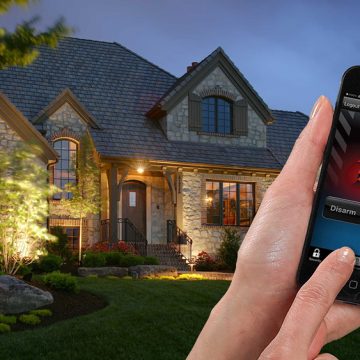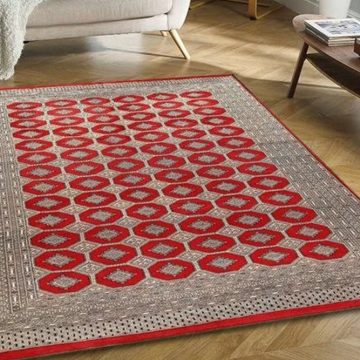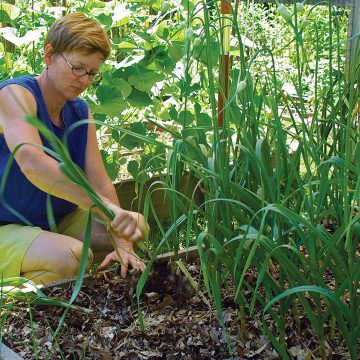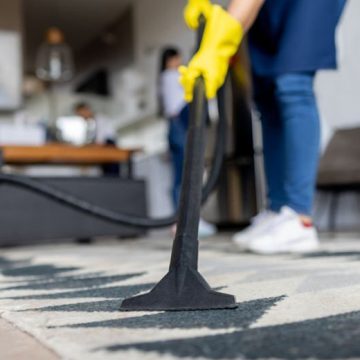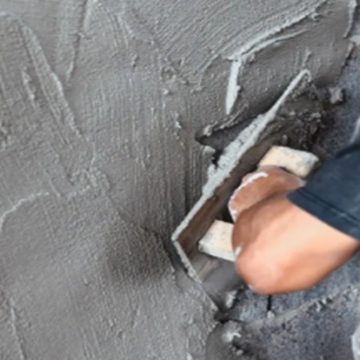Introduction
When there’s a large weather event like a snowstorm or thunderstorm, the massive volume of melting snow or rainwater can create a lot of problems. From localized flooding to damaging property. To get your property secured with the right pavement, you can search for “paving companies near me” and hire professionals for the job. Let’s check out the damages caused by stormwater runoff and how permeable pavers can help you manage that.
The Details
- Problems caused by stormwater runoff – Stormwater can cause a multitude of problems for your property. From flooding of hard surfaces like parking spaces and driveways to rendering fire lanes completely useless. It can compromise the structural integrity of those surfaces and can even damage vehicles parked in such spaces.
When this kind of damage takes place, you have to deal with a very expensive repair bill that can easily balloon up to thousands or tens of thousands of dollars. That means you have to go through the complicated procedure of claiming your insurance policy and if the damage extends to your neighbor’s or public property, you’re potentially staring down lawsuits.
If you have vulnerable spaces with cracks and dents, they can worsen the damage. However, the problem is not limited to hardscapes. Stormwater runoff can also cause severe soil erosion both for your property and its neighboring spaces. The problem is more severe for sloped areas since it raises the probability of landslides. When topsoil gets eroded away by stormwater, the most nutrient-rich part of the soil is washed away and that means your plants have a difficult time growing healthy.
However, the most dangerous problem caused by stormwater runoff is that of washed-away chemicals. As stormwater passes over the soil, hard surfaces, and other such spaces, it collects salts, pesticides, and artificial fertilizers away with it. There are also oils that are carried away from your garage and paved roads. Those chemicals are carried away and accumulated in the local waterbodies. That isn’t good for the environment and puts a lot of stress on the local municipal water systems. Fortunately, permeable pavers can help you address these problems.
- Permeable pavers reduce flooding – Permeable pavers have surfaces and sublayers made out of all kinds of materials. From gravels to grass and crushed limestones. All those materials are designed to allow smooth draining of water to the lower surfaces. When there’s a severe weather event like a hurricane, that increased volume of downpour doesn’t accumulate on the hard surfaces.
Instead, most of it gets drained down to lower surfaces and that leads to reduced risks of flooding. Even if your property is on a sloped surface, most of the water gets drained down into sublayers before it can make its way to more vulnerable low-lying areas.
This doesn’t just benefit your property, but also prevents nearby roads from flooding and reduces travel hazards. When there’s a low volume of water, controlling runoff is a more manageable job and doesn’t require expensive infrastructures like storm pipes and drains. That means your tax money gets used more effectively.
- Lower risk of erosion – When you install permeable pavers on your property and allow water to drain through, you also address soil erosion both in your property and its immediate surroundings. If a neighborhood gets pavements and driveways made out of permeable pavers, it can drastically improve the local soil conditions. During storms, a low volume of water can’t erode away a significant portion of the topsoil and that also means lower sediment levels in local water collection systems.
Since you can use permeable pavers with gravel and grass, you can use them to target and protect erosion-sensitive areas on your property. If you have a sloped or hilly region, you can cover them up with permeable pavers to protect the soil underneath. When soil erosion is kept in check, the local area is less prone to desertification.
- Less stressed public water systems – A lot of cities and municipalities are already overstressed to the limit in all aspects of infrastructure. The local water systems are especially over-taxed and vulnerable. When you install permeable pavers on your property, you do your part in controlling the amount of water that gets into those systems during storms. The local water systems are less prone to clogs and can save on maintenance when they don’t have to deal with an excessive amount of water.
Apart from the excess volume of water, municipal water systems also get relief from abundant sediments flowing into the storm drains. If you’re building a new home for yourself in an especially storm-prone area, you can reduce costs by installing permeable pavers. That’s because the extra drainage allows you to eliminate a few storm pipes.
- Good for the environment – As mentioned above, stormwater runoff from lawns, industrial buildings, and parking lots carries a lot of chemicals that are harmful to both humans and the environment. Permeable pavers allow most of that water to drain and sink into the ground and keep it out of the local water system and water bodies. This reduces costs for both you and the municipality.
Moreover, since permeable pavers are flexible, you don’t need to sacrifice aesthetics or functionality. You can even take this to a whole new level by installing a rainwater harvesting system with the pavers as the gateway. You can install PICP(Permeable Interlocking Concrete Pavement) systems to not just reduce problems caused by stormwater but harvest it as well.
With such a system, the water gets drained to the lower layers and after passing through numerous filtering layers, it gets collected in a water harvesting tank via a drainpipe. After that, the water can be pumped to your home and used for your daily needs.
Conclusion
Stormwater runoff has been a problem in suburbs for a long period. It can cause serious damage and put you in the red. Permeable pavers provide robust solutions to fix or at least minimize those problems. You can search for “paving companies near me” and hire professionals to install permeable pavers on your property.








